1. Never Calling Adults by Their First Name
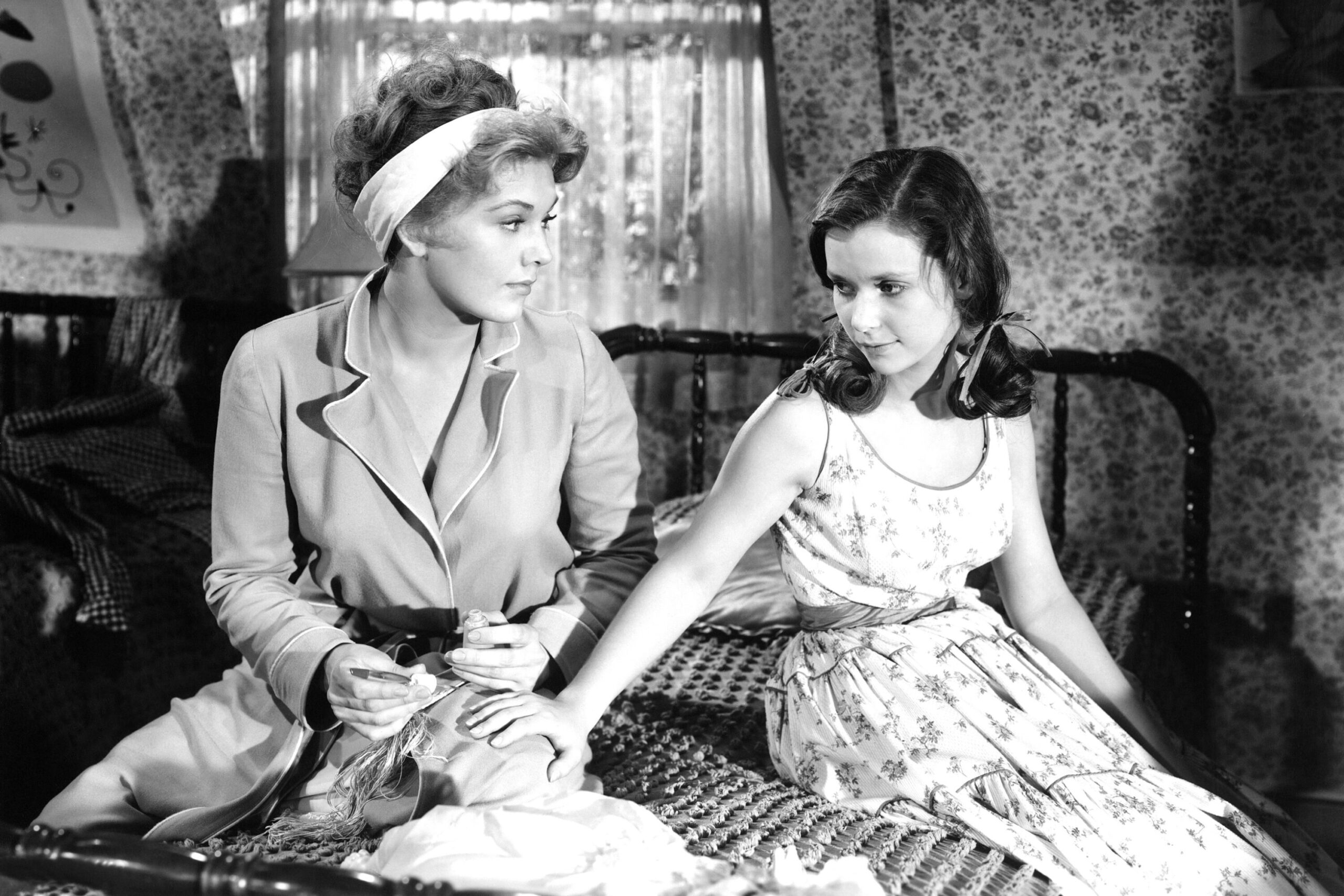
Remember when calling an adult by their first name was practically a crime? You had to tack on a “Mr.” or “Mrs.” no matter what, even if they insisted otherwise. These days, a lot of people prefer to ditch the formalities, and being called by their first name feels more natural. In fact, in many workplaces, using last names can come off as stiff or old-fashioned. Of course, there are still settings where formality is appreciated, but it’s no longer the strict rule it once was shares MSN.
Kids today might not even think twice before calling a friend’s parents by their first names. In some circles, it’s even seen as a sign of respect to address someone the way they prefer. But if you tried to enforce this old-school rule now, you might just get an eye-roll or a “Seriously?” from a younger generation. The world has changed, and so has the way we address people.
2. Keeping Your Elbows Off the Table

Growing up, it felt like there was an invisible alarm that went off the second your elbows touched the dinner table. Parents and grandparents would correct you immediately, as if resting your arms was the ultimate sign of disrespect. But nowadays, people are much more relaxed about dining etiquette. Unless you’re at a super fancy event, no one really cares if you lean in a little during a meal explains Southern Living.
In fact, some experts argue that keeping your elbows on the table can make you look more engaged in a conversation. Dining is now more about connection than rigid formality. So if you see someone resting their arms while chatting over dinner, they’re not being rude—they’re just comfortable. And honestly, isn’t that the point of a good meal?
3. Sending Thank-You Notes for Everything

There was a time when forgetting to send a handwritten thank-you note was practically unforgivable. Whether it was for a birthday gift, a dinner party, or even just a small favor, you were expected to put pen to paper and mail a formal thank-you. Nowadays, a quick text, email, or even a verbal “thanks” is usually more than enough. Some people still love sending handwritten notes, but it’s no longer considered rude if you don’t says Daily Mail.
In fact, sending a physical card might even feel unnecessary in some situations. The world moves faster now, and most people understand that gratitude doesn’t have to come in an envelope. While it’s always nice to be appreciated, you’re unlikely to get side-eyed for not rushing to the post office. Just make sure you say thank you in some form, and you’ll be fine.
4. Dressing Up for Air Travel
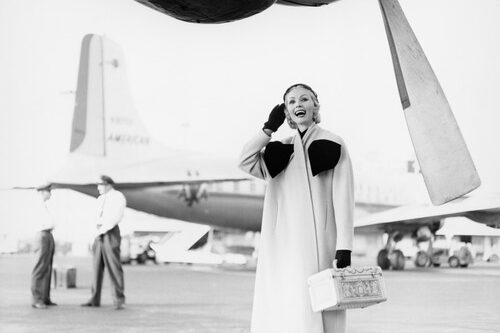
Flying used to be a glamorous event, and people dressed accordingly. Men wore suits, women wore dresses, and looking presentable was just part of the experience. Now, comfort is king, and most people board flights in sweatpants, leggings, or even pajamas. If you showed up to the airport in a full suit today, you’d probably get more confused stares than compliments shares Good Housekeeping.
With cramped seats and long security lines, no one wants to suffer in uncomfortable clothing. Sure, there’s something nostalgic about the polished look of past airline travel, but these days, function outweighs fashion. If anything, a well-planned airport outfit is all about layers and stretchable fabrics. No one’s judging if you prioritize coziness over class.
5. Answering the Phone Every Time It Rings

Back in the day, if the phone rang, you answered—no exceptions. Ignoring a call was seen as rude, or even suspicious. Now, most people screen their calls like their life depends on it. If the number isn’t saved in their contacts, they’re definitely not picking up. And even if they know the caller, a quick “Can we text instead?” is totally normal.
With robocalls and spam messages on the rise, most of us have learned to be selective. Plus, people are busier than ever, and phone calls can feel intrusive. Texting allows for quick, convenient conversations without disrupting someone’s day. So don’t take it personally if your call goes to voicemail—it’s just the way things are now.
6. Always Bringing a Host Gift

Once upon a time, showing up empty-handed to a dinner party was a major faux pas. A bottle of wine, flowers, or a box of chocolates was practically required to prove you had manners. While host gifts are still a thoughtful gesture, they’re no longer expected in most social circles. In fact, some people might even feel awkward receiving one, especially if they weren’t expecting anything.
These days, a heartfelt “Thanks for having me!” is often enough. With casual get-togethers becoming more common, the pressure to bring something has eased. Of course, if you’re attending a formal event or staying overnight at someone’s house, a small gift is still appreciated. But for your average game night or BBQ? No one’s going to side-eye you if you just bring yourself.
7. Writing in Cursive

For decades, learning cursive was a rite of passage in school. Teachers drilled students on perfect loops and flourishes, and a messy signature was a mark of shame. But in today’s digital world, cursive has become more of an aesthetic choice than a necessity. Many schools don’t even teach it anymore, and a lot of younger people struggle to read it at all.
Now, most communication happens through typing, and signatures are digital more often than handwritten. While cursive can be beautiful, it’s not the essential skill it once was. If you hand a teenager a note in cursive today, don’t be surprised if they squint at it like it’s a foreign language. It’s just one of those things that has quietly faded into the past.
8. Waiting to Eat Until Everyone Is Served
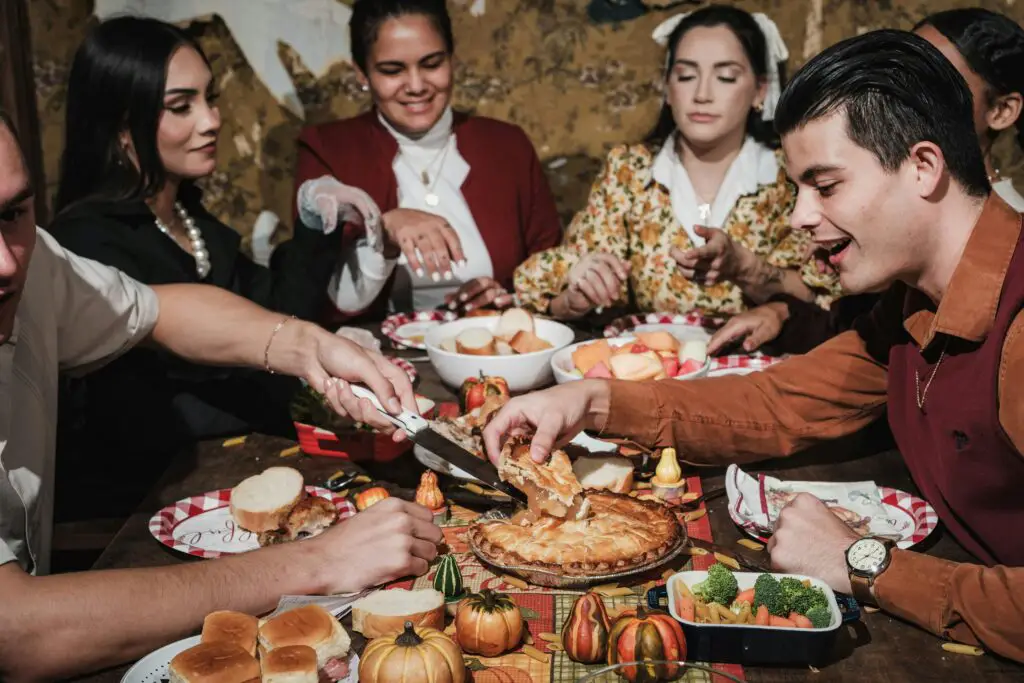
Growing up, there was an unspoken rule that no one touched their food until every single person had their plate. It was a sign of patience and respect. But in today’s fast-paced world, that rule isn’t always practical. In some settings, waiting too long might mean eating cold food, and most people understand if you start before them.
Of course, at formal dinners, waiting is still a nice gesture. But in casual situations, people are a lot more relaxed about it. If someone tells you to go ahead and start eating, they really mean it. No need to sit there awkwardly staring at your food while it gets cold.
9. Covering Your Mouth When Yawning

Yawning without covering your mouth used to be seen as the height of bad manners. Parents and teachers would remind you constantly that it was rude and unsightly. But today, most people don’t even think about it. While it’s still polite to cover your mouth if you’re yawning right in someone’s face, the strict rule has faded. People yawn all the time without anyone batting an eye.
Maybe it’s because yawning is so contagious that no one wants to draw extra attention to it. Or perhaps we’re all just too tired to care. Either way, you’re unlikely to get called out for an uncovered yawn these days. Just maybe don’t stretch your mouth wide open mid-conversation—some old habits still make sense.
10. Offering Your Seat to Someone Older

It used to be automatic—if an elderly person entered the room, you got up and offered them your chair. This was especially true on buses, trains, or in crowded waiting rooms. But today, this rule can be a little tricky. While it’s still polite, some older folks actually prefer to stand or don’t want to feel singled out. In some cases, they may even decline the offer altogether.
Rather than assuming, many people now just keep an eye out for those who seem like they need a seat. If someone looks unsteady or tired, it’s always kind to offer. But if they wave you off, there’s no need to insist. The key is reading the situation instead of following an outdated one-size-fits-all rule.
11. Men Always Paying for Dates

For decades, men were expected to foot the bill on dates—no questions asked. Splitting the check or letting a woman pay was almost unheard of, and refusing to cover the cost could be seen as cheap. Today, however, dating etiquette has evolved. Many people prefer to go Dutch, and some women find it empowering to pay for their own meals. Others take turns treating each other, making it a more balanced experience.
While some still appreciate the traditional gesture, insisting on paying can feel outdated. Many couples now have open discussions about money rather than assuming one person should always cover the cost. The most important thing is making sure both people are comfortable. These days, generosity isn’t about gender—it’s about mutual respect.
12. Avoiding Personal Topics in Conversation

There was a time when bringing up personal matters—money, politics, religion—was considered wildly inappropriate. The idea was to keep things light and neutral, especially in social settings. But today, many people are more open about discussing deeper issues. Social media has made it more common to share opinions, and people aren’t as afraid to tackle tough subjects.
Of course, timing and setting still matter. You probably don’t want to launch into a heated debate at a casual brunch. But avoiding personal topics entirely can now feel distant or even disingenuous. As long as conversations remain respectful, people are much more willing to engage in meaningful discussions.
13. Standing When Someone Enters the Room
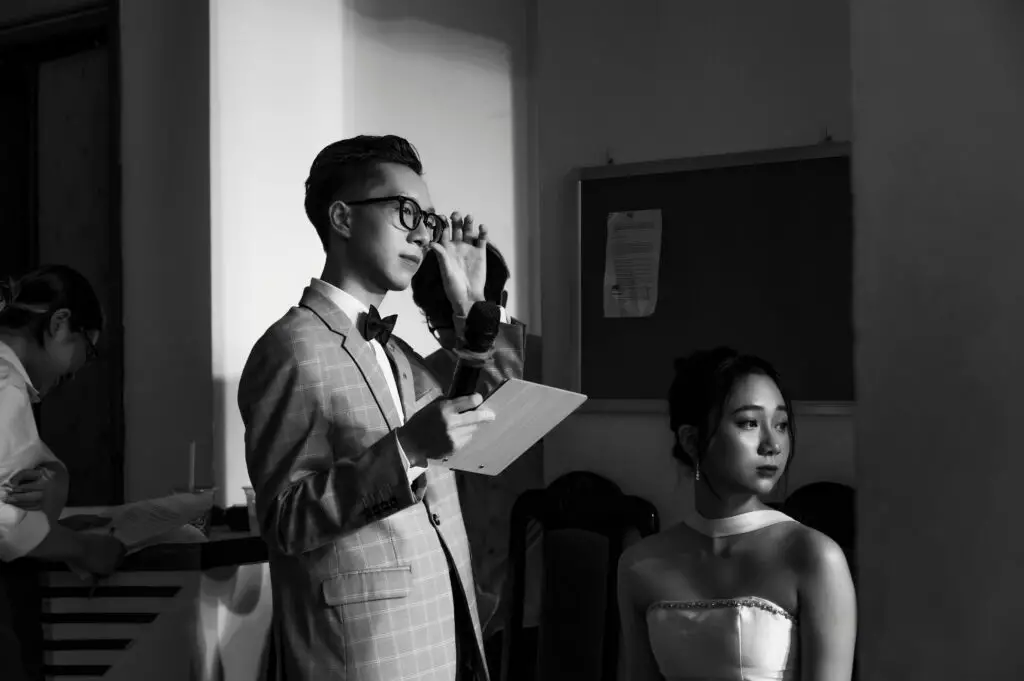
This rule was once a major sign of respect, especially for elders, teachers, or authority figures. If someone important walked in, you stood up to greet them. But unless you’re in a very formal setting, this rule has mostly disappeared. Nowadays, a friendly nod or verbal acknowledgment is usually enough.
Standing can still be a nice gesture, but it’s no longer expected in everyday situations. In fact, some people might feel awkward if you suddenly jump to your feet when they enter. The key is to read the room—sometimes, a warm greeting means more than old-school etiquette. A simple “Hey, good to see you!” does the trick just fine.
14. Sending RSVPs for Every Invitation
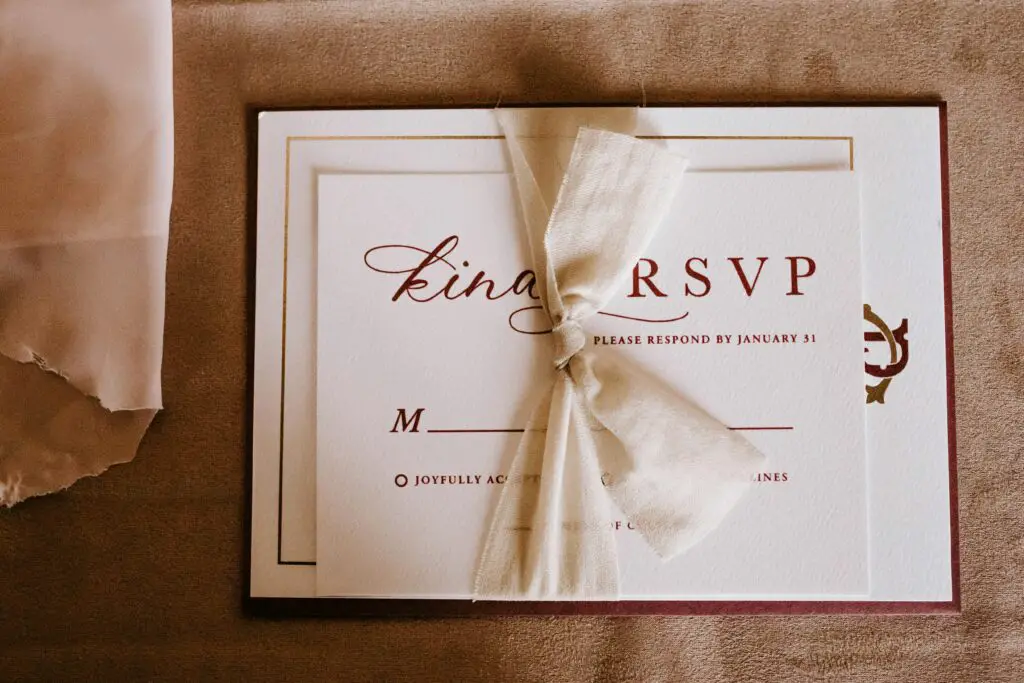
There was a time when responding to an invitation—whether it was a wedding or a backyard barbecue—was non-negotiable. Hosts expected an RSVP, and not replying was considered incredibly rude. These days, casual invites are often sent through texts or social media, and people tend to assume you’ll show up unless you say otherwise. Formal events still require RSVPs, but for smaller gatherings, the pressure is much lower.
Of course, it’s still courteous to let people know if you’re coming, especially for events with food or seating arrangements. But the days of mailing back a formal card for every invitation are long gone. If you don’t respond immediately, you’re not likely to be shunned from future gatherings. Just don’t be the person who ghosts and then shows up unannounced!
